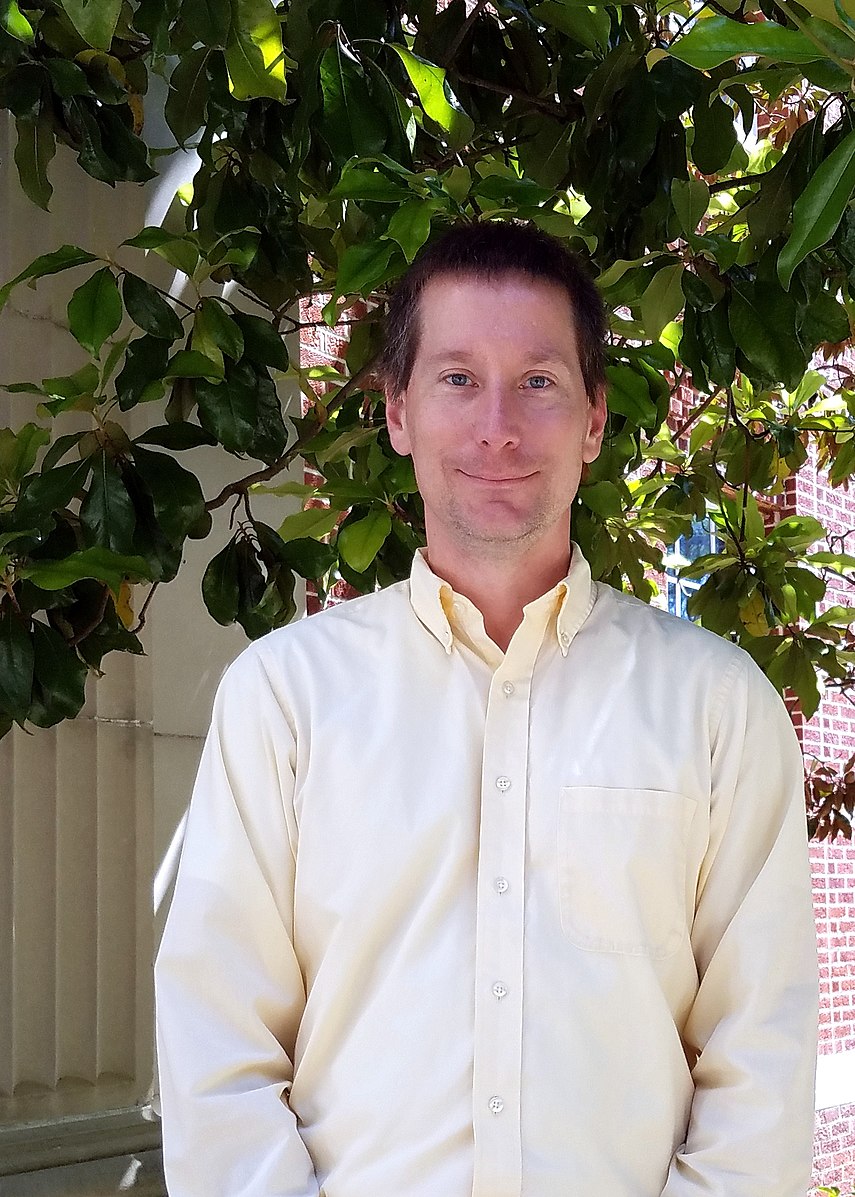Dr. Michael Rushing is an Associate Professor of Piano in the Department of Music at Mississippi College and taught a Wikipedia writing assignment for the first time last fall. Here, he describes how his students responded to putting their hard work out on a world stage.

(Image via Wikimedia Commons, CC BY-SA 4.0)
In the Fall of 2018, two students in a graduate Group Piano Pedagogy course were given the assignment of creating a new Wikipedia page for Group Piano. Though thousands of students study piano in a group setting, and textbooks have been written for use in advanced piano pedagogy courses on the topic of group teaching, no Wikipedia page was dedicated to the topic.
The Wiki Education Dashboard provided students with the training necessary to contribute to Wikipedia in a meaningful way. Importantly, the timeline and content of the training was designed in such a way that integrating the project into the class was easy. Students took the project more seriously than they might have if the result was to be read by their instructor and returned.
Within two hours of moving the article from the “sandbox” into Wikipedia’s public main space, a Wikipedia volunteer interested in new articles removed several paragraphs and heavily edited the students’ work. While my response was to thank the volunteer, the students were less enthusiastic. In their time as students, they typically received feedback from instructors and made revisions themselves. I reminded them that they no longer had ownership of the article, and that Wikipedia articles are never considered complete.
Semester-long projects like this one are often used in piano pedagogy courses. They provide a means of familiarizing students with course content, testing students’ abilities to synthesize that content, and providing real-world experience. I’ve often used these kinds of projects in graduate classes, with the goal of students creating a resource they can use long after the class is finished. By adding one extra step – making the result publicly available online – students not only demonstrate competence in synthesizing the content of the course and providing a resource for themselves, they provide resources for anyone interested in learning about the topic. Through these types of outward-facing projects, they develop a sense of community and increased engagement with the content of the class, learning to become contributors in the truest sense.
Interested in incorporating a Wikipedia assignment into your course? Visit teach.wikiedu.org to access our free tools, assignment templates, and systems of support.
